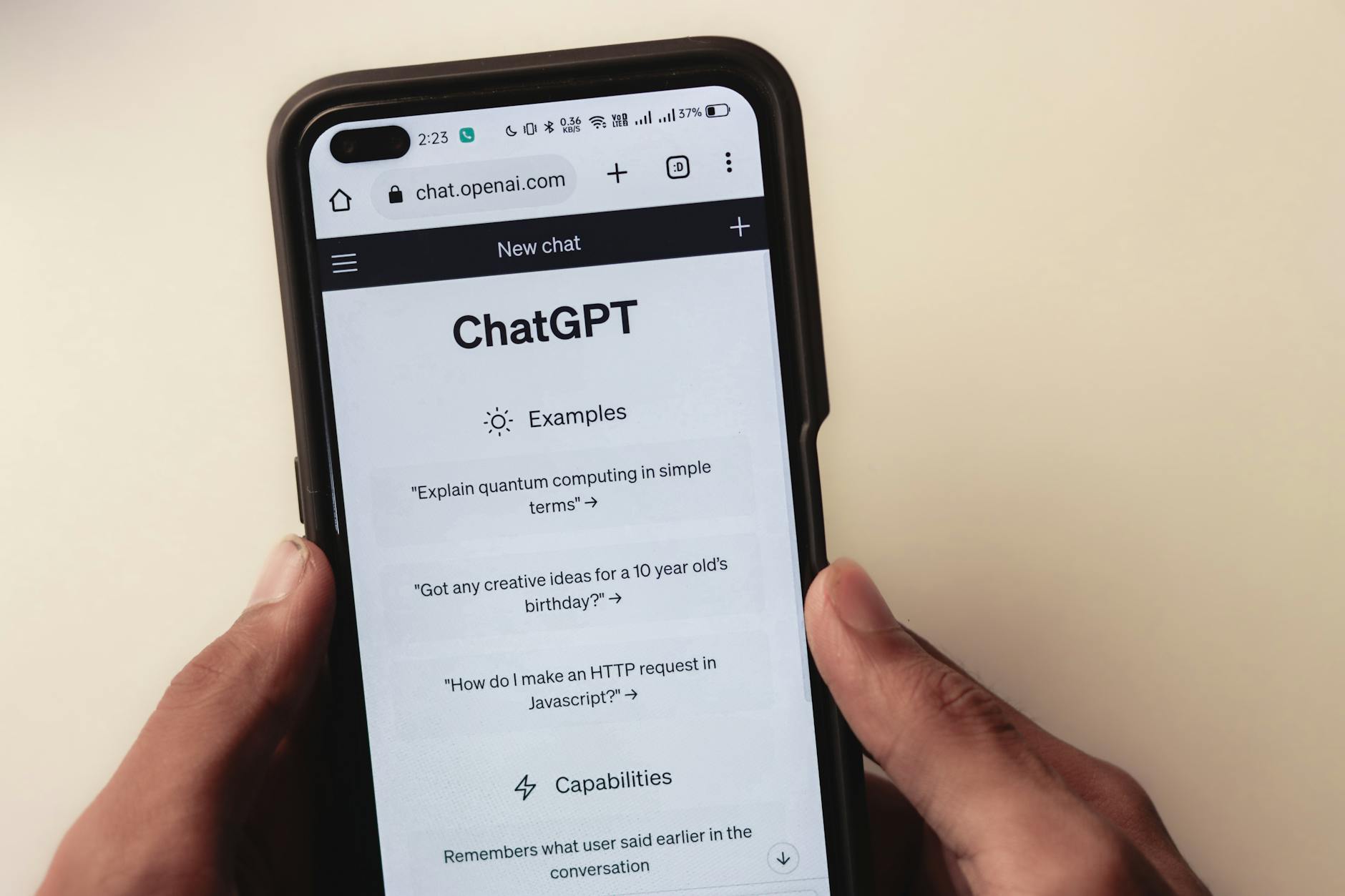Beyond the Bots: Why Blaming AI for Entry-Level Job Woes Misses the Bigger Picture

Introduction: This isn’t the first time a new technology has been pitched as the grim reaper for swathes of the workforce, and it certainly won’t be the last. The latest culprit? Artificial intelligence, allegedly “wrecking” the job market for college graduates. But before we hoist AI onto the villain’s pedestal, it’s crucial to peel back the layers of this narrative and examine what else might truly be at play.
Key Points
- The AI Impact is Nuanced, Not Cataclysmic: While AI automates certain tasks, its immediate “wrecking” of entire entry-level roles is often overstated, functioning more as an efficiency tool than a direct replacement in many cases.
- Systemic Issues Predate AI: The “fragile” job market for new graduates likely stems from a confluence of factors including economic cycles, skills mismatches, and over-saturation in certain fields, not solely the advent of generative AI.
- The Hype Cycle Obscures Adaptation: The current AI narrative risks overshadowing the more realistic long-term trend of job evolution, requiring new skills and adaptation, rather than outright eradication for most human roles.
In-Depth Analysis
The notion that artificial intelligence is single-handedly “wrecking” the entry-level job market for college graduates makes for a compelling, fear-inducing headline, but it’s a narrative that, upon closer inspection, feels decidedly oversimplified. As a seasoned observer of technological shifts, I’ve seen this script before: a powerful new tool emerges, and immediate, apocalyptic predictions follow. While AI is undoubtedly transformative, pinning the fragility of the graduate job market solely on its digital shoulders is convenient, yet intellectually lazy.
Consider the landscape: many companies, particularly large tech firms, have been in a period of consolidation and cost-cutting following a post-pandemic hiring spree. Layoffs have hit even experienced professionals, and hiring freezes have been common. This economic tightening naturally impacts entry-level positions, which are often the first to be curtailed when budgets are scrutinized. Is it AI that’s causing this, or is AI merely providing a convenient justification for decisions driven by quarterly earnings, market conditions, and a desire for lean operations?
Furthermore, the “jobs AI will take” argument often focuses on tasks – data entry, content generation, basic code snippets, rudimentary customer service – not entire roles. Entry-level positions, by their nature, often involve a higher percentage of such automatable tasks. However, these roles also serve as crucial training grounds, developing the soft skills, problem-solving abilities, and institutional knowledge that AI, in its current iteration, simply cannot replicate. The real impact is less about “replacement” and more about “re-skilling.” Graduates entering the workforce will need to learn how to leverage AI tools to perform their jobs more efficiently, not fear their wholesale usurpation.
The underlying “fragility” of the market also predates the generative AI boom. For years, educators and employers have grappled with a perceived mismatch between university curricula and the practical skills demanded by industry. Graduates with highly specialized, theoretical degrees often struggle to find immediate, well-paying employment without additional practical training. This isn’t AI’s fault; it’s a systemic issue within our educational pipeline and a reflection of a dynamic economy. To suggest that AI is uniquely the “wrecker” ignores the broader economic cycles, the glut of graduates in certain fields, and a corporate culture increasingly focused on immediate ROI rather than long-term talent development through entry-level roles.
Contrasting Viewpoint
One could argue, with some conviction, that this time it is different. Proponents of the “AI as job wrecker” thesis would point to the speed and sophistication of generative AI’s capabilities, particularly in areas like writing, basic coding, and data analysis – tasks traditionally central to many entry-level roles. They might highlight anecdotal evidence where companies are explicitly reducing junior hires, citing AI tools as the reason they can achieve more with less human capital. This perspective often posits that the current economic climate merely accelerates AI adoption, forcing businesses to quickly optimize by automating away the very tasks new graduates might once have performed. For instance, a small marketing agency might now use AI to generate initial drafts of ad copy or social media posts, thereby reducing the need for an entry-level copywriter, who traditionally would handle such tasks. They’d argue that the sheer scale of potential automation, unlike previous tech shifts, targets cognitive rather than purely manual labor, making it a far more insidious threat to educated new entrants.
Future Outlook
Looking ahead 1-2 years, the rhetoric surrounding AI’s impact on jobs will likely moderate, shifting from outright “wrecking” to “reshaping.” We won’t see vast swathes of entry-level jobs vanish overnight, but rather a significant evolution in their nature. Graduates will find that proficiency with AI tools isn’t merely an advantage but a fundamental expectation. The biggest hurdles won’t be AI’s capabilities, but rather the adaptability of educational institutions to rapidly update curricula, and the willingness of employers to invest in upskilling their existing and new workforces. Companies that previously relied on high-volume, low-skill entry-level roles will be forced to re-evaluate their talent pipelines, potentially creating fewer, but more specialized and AI-augmented, positions. The challenge lies in managing this transition, ensuring that a generation isn’t left behind by an accelerating technological curve without adequate support or preparation.
For more context, see our deep dive on [[The Enduring Skills Gap in Tech Employment]].
Further Reading
Original Source: AI is wrecking a fragile job market for college graduates (Hacker News (AI Search))